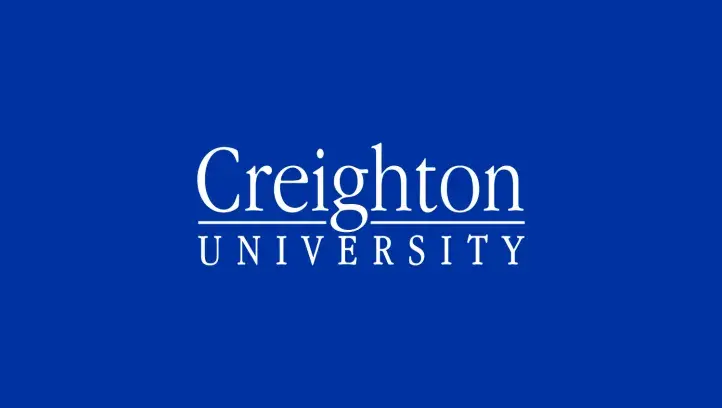
Pioneering lung cancer surgery at Creighton, CHI Health

Until Creighton University and CHI Health recruited Erin Gillaspie, MD, MPH, (pictured above) as associate professor of surgery at the School of Medicine and chief of the newly created Thoracic Surgery Department, respectively, mesothelioma patients requiring pleurectomies and decortications had to seek treatment outside Nebraska. The surgery takes from 10 to 14 hours and involves the removal of the entire inside lining of the chest; the outside lining of the lung; the diaphragm, with reconstruction; and the sac around the heart, with reconstruction. But Gillaspie says it is worth it “to get to celebrate cancer-free anniversaries.”
“I still remember the day that I booked the first case,” Gillaspie says. “My nurse manager started crying because for decades we had been sending these patients to Chicago to receive treatment.”
Treating mesothelioma patients is just one of the advances Gillaspie has brought to Creighton, CHI Health and the greater Nebraska region. Enhancing lung cancer treatment has been her primary goal. She initiated an expansion of surgical offerings to include a robotic lung cancer program that performs lobectomies, robotic sleeves for the sections and double-robotic surgeries that include robotic bronchoscopies followed by robotic lung resections.
“In this setting, I am taking out only a portion of the lobe so that we can save more lung for the patient,” Gillaspie says. She performed the double-robotic surgery within a few weeks of her arrival in November 2023 from Vanderbilt University Medical Center. Since then, nearly 25 more patients have benefited from the surgery, the first of its kind within the CHI Health system and among the first in Nebraska.
Gillaspie is excited to bring the robotic lung cancer surgery, which she studied as a fellow at the Mayo Clinic Rochester, to Creighton. She believes it is revolutionizing patient care. Though many of her patients initially assume a robot is performing the surgery, in reality, it is all Gillaspie, using highly mechanized “robotic” tools. She manipulates four pedals with her right foot, three pedals with her left and four robotic arms with her hands to make just four, 8-millimeter incisions. She likens the robot’s appendages to miniaturized versions of her own hands because the robot replicates her movements.
Her passion for treating lung cancer is coupled with an equal passion for rural medicine practice. The ability to explore the two is why Gillaspie jumped at the chance to join Creighton’s School of Medicine and CHI Health.
“Nebraska as a whole, Omaha included, has high rates of lung cancer,” she says. Increased exposure to radon and less access to early lung cancer detection and treatment are some of the reasons it disproportionately affects rural populations, she says.
To address this situation, Gillaspie is focusing on increased screening efforts and access to care in partnership with physicians throughout the state. Awareness — letting pulmonologists know that this program is at their disposal — is the first step. Concentrating on getting patients into the system follows.
Gillaspie created a survey to help local doctors determine whether their patients qualify for lung cancer screenings.
“Cancer care should transcend hospital borders,” Gillaspie says.
In the time that Gillaspie has been at Creighton and CHI Health, she also has started to build a complex airway program that includes tracheal resections; a thoracic outlet syndrome program to manage patients who cannot use their hands effectively because the thoracic inlet is squeezing their arteries and nerves; and a complex chest wall program to care for patients with congenital chest wall abnormalities.



